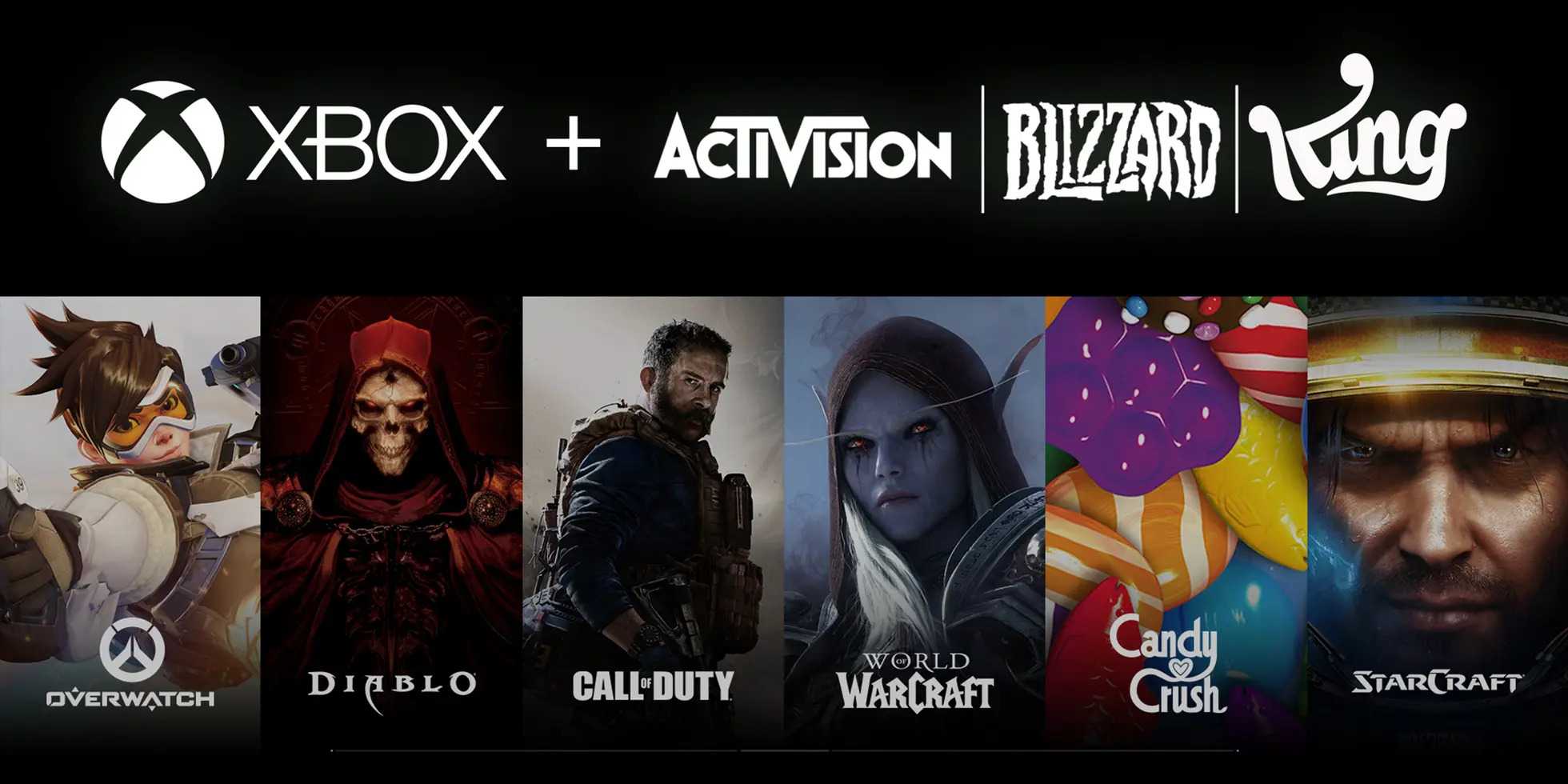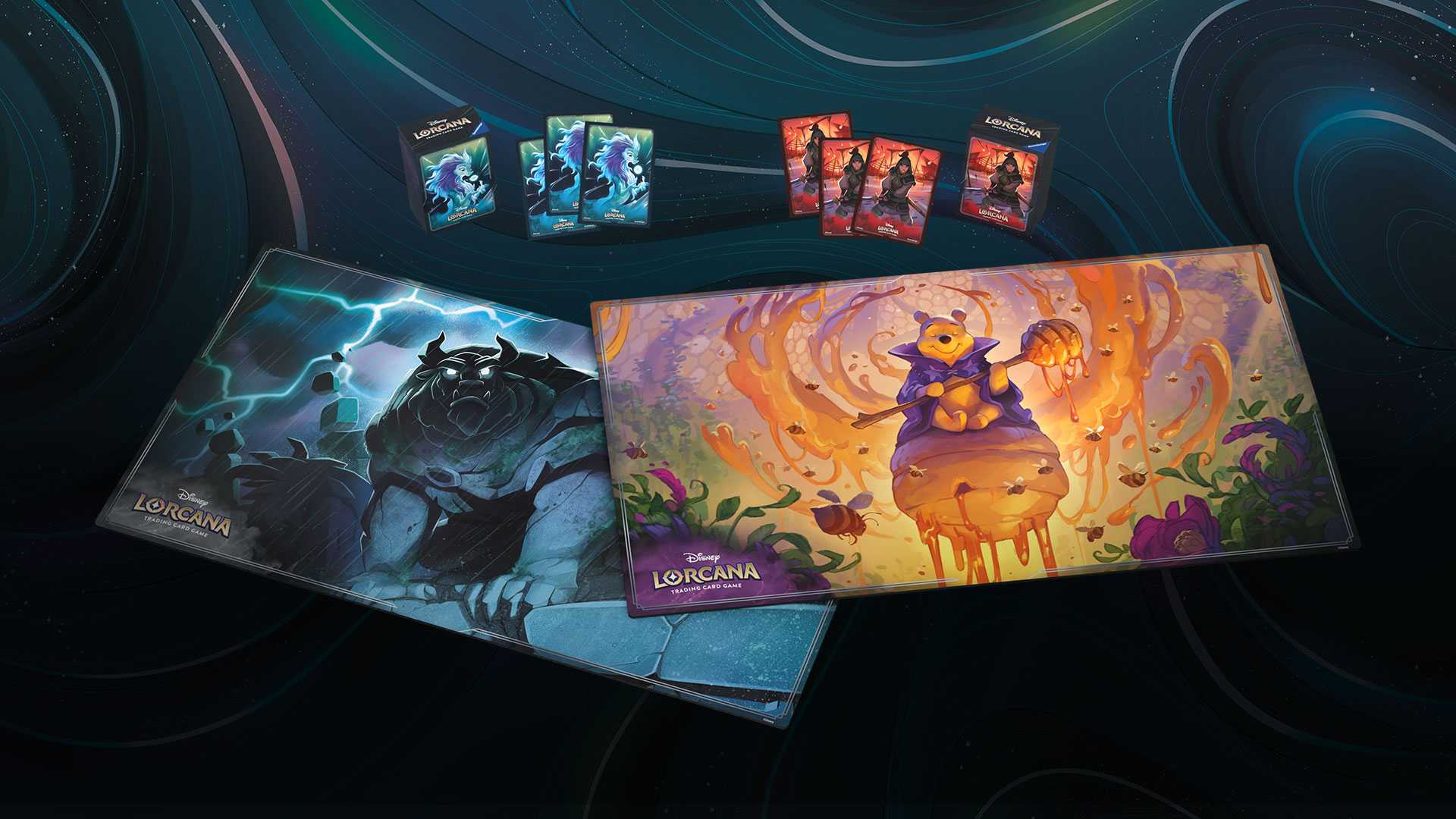NantWorks will also have a controlling interest in a new joint venture with Daybreak called NantG Mobile, which will develop and publish mobile versions of Daybreak’s games and publish new titles across platforms. It will assume control and management over Daybreak’s most popular game, the PC-based “H1Z1: Battle Royale,” which has more than 12 million players. Soon-Shiong will serve on the Daybreak board.
As part of the company’s expansion into the gaming sector, NantWorks will be able to hold e-sports events in the company’s L.A. Times Center, the 100,000-square-foot building adjacent to the Times headquarters in El Segundo. The L.A. Times Center will also contain The Times’ video and podcast studio and a multipurpose event space.
The Times said it plans to beef up coverage of e-sports. “The growth of virtual sports has been explosive,” Times Executive Editor Norman Pearlstine said. “We look forward to covering all the major games companies, including Daybreak.”
Soon-Shiong, a physician and entrepreneur, bought the Los Angeles Times this year through his investment firm Nant Capital.
Soon-Shiong sees the move into mobile gaming as a natural extension of the technology and infrastructure developed under two of NantWorks’ other subsidiaries: NantMobile, which has built mobile camera-based augmented reality technology, and NantStudios, a digital production studio and facility with its own fiber optic network.
“The idea was: Imagine if you took this game, which has reached this level of popularity with millennials, and then integrate it with a large amount of technology that we have built,” Soon-Shiong said. “The opportunity to build a new mobile platform, which I think is the future, is very exciting.”
A NantWorks spokeswoman declined to put a value on the investment.
The decision to create a facility for e-sports comes as viewership and investment are on the rise, particularly in Southern California. Santa Monica alone is home to Riot Games, creator of the hugely popular “League of Legends,” and Activision Blizzard, whose e-sports league for its first-person shooter game “Overwatch” is leading the trend toward city-based e-sports franchises.
The Immortals, the umbrella organization that owns the local Overwatch team and a variety of teams playing in other games, is valued at $100 million. It counts former Hewlett-Packard Chief Executive Meg Whitman as a board member and has a deal with AEG to host its home games at the downtown L.A. Live entertainment complex.
Dozens of universities, including USC and UC Irvine, have e-sports programs. Last week, the 2018 Asian Games in Jakarta, Indonesia, featured competitions in six different video game titles.
“L.A. has all the ingredients to become the center of e-sports for the U.S. market,” said Michael Cai, president of Interpret, a Los Angeles-based video game market research firm. “We have the content producers, a lot of the platforms and distribution companies have either headquarters or offices in L.A., and then we have the schools, which encourage e-sports as a potential career.”
Soon-Shiong said that his interest in Daybreak arose when he saw his friend, former Los Angeles Lakers player and e-sports investor Rick Fox, playing Daybreak’s “H1Z1: Battle Royale.”
“I learned about it through the game itself, and the league,” Soon-Shiong said, though he said he won’t be playing himself. “I’m terrible at it.”
Despite the boom times for e-sports, the H1Z1 league has had a difficult time gaining traction with viewers. An early decision to stream the matches over Facebook, rather than the more popular Twitch streaming platform, now owned by Amazon, limited viewership among the typical e-sports audience.
Daybreak was founded in 1997 as Sony Online Entertainment, a subsidiary of Sony Computer Entertainment. It created an early hit with “EverQuest,” the PC-based “massively multiplayer online role-playing game” (a term commonly referred to by the acronym MMORPG).
The game, which allowed users to create custom characters and play in a shared fantasy landscape with other users over the internet, attracted hundreds of thousands of players in its first years, many of whom logged dozens of hours per week fighting digital creatures and socializing with their fellow players.
“Star Wars Galaxies,” an MMORPG set in the LucasFilm universe and published by LucasArts, found similar success when it was released in 2003. Sony Online Entertainment continued to expand its reach in the sector with games such as “Vanguard: Saga of Heroes,” “The Matrix Online” and “Fortune League,” a Facebook-based MMORPG, while also publishing games for Sony’s PlayStation console.
In 2015, Sony spun off its online gaming subsidiary in a sale to an independent investor, who changed the company’s name to Daybreak Game Co.
At the time, Daybreak’s new owner was identified in press releases as Columbus Nova, a company identified in Securities and Exchange Commission filings as the U.S. investment vehicle for Renova Group, a Russian conglomerate that owns and manages assets in mining, oil, construction, telecommunications and other sectors.
After the United States imposed sanctions on Renova Group and its owner and president, Viktor Vekselberg, in April, Daybreak removed all mention of Columbus Nova from its website.
A Daybreak statement released Thursday said: “Jason Epstein personally purchased Daybreak from Sony in February 2015 while he was a senior partner at Columbus Nova at the time. Columbus Nova did not participate in the purchase and has never had an ownership interest in Daybreak.” It added that Epstein left Columbus Nova last year.
Daybreak employs roughly 300 workers at its San Diego headquarters and 400 companywide, said Joy Fox, director of global communications. It also has offices in Boston and Austin, Texas.
The company laid off 79 workers in San Diego in April, according to a notice filed with the state Employment Development Department. Daybreak said the layoffs aimed to better position the company for the future.
Mike Freeman of the San Diego Union Tribune contributed to this report.
“L.A. has all the ingredients to become the center of e-sports for the U.S. market,” said Michael Cai, president of Interpret, a Los Angeles-based video game market research firm. “We have the content producers, a lot of the platforms and distribution companies have either headquarters or offices in L.A., and then we have the schools, which encourage e-sports as a potential career.”






